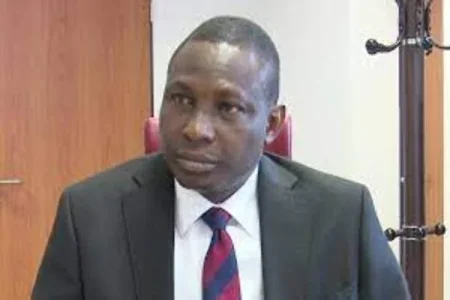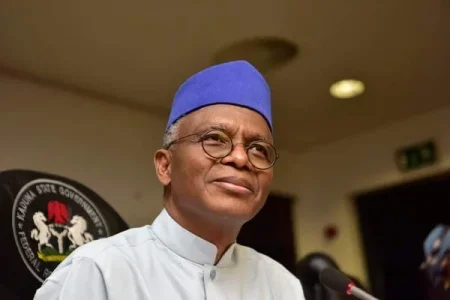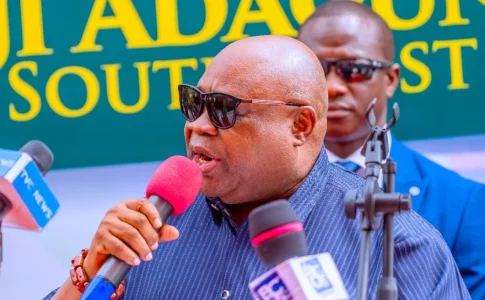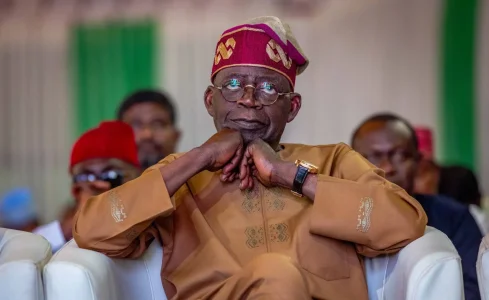
The Economic and Financial Crimes Commission (EFCC) has unveiled a budget allocating over N1 billion for local travel in the year 2024. According to a report by Daily Trust, the detailed analysis of the budget exposes a multifaceted financial plan, raising questions about the prioritization and transparency of the anti-graft agency's expenditures.
The breakdown reveals a significant allocation of N113.4 million for training related to local travels, while N389.6 million is earmarked for transport in support of international training initiatives. Additionally, N173.6 million has been set aside for "international travel & transport: others."
The EFCC's budget also includes substantial allocations for various operational aspects. Notably, N413 million is allocated for new vehicles, with N164.3 million dedicated to fueling the commission's existing cars. The budget further designates N273.3 million for fueling generators, N156.8 million for electricity charges, and N271.2 million for security operations.
Legal services are also accounted for in the budget, with N186.6 million allocated for this purpose. In addition, there are provisions for meals and refreshments, with N71.3 million allocated.
Beyond operations, the EFCC's financial plan extends to infrastructure and administrative needs. Noteworthy allocations include N413.7 million for the purchase of fittings and shelves for its headquarters and zonal commands, as well as N352.1 million for the maintenance of office buildings and residential quarters.
The budget also covers document printing costs, with N65.2 million for security documents, N46 million for non-security documents, and N44.1 million designated for "annual budget expenses and administration."
In a final component, the EFCC discloses a significant allocation of N455 million for insurance premiums, further adding to the complexity of its financial plan.
This comprehensive analysis aims to provide readers with an in-depth understanding of the EFCC's budget for 2024, sparking discussions on fiscal responsibility, transparency, and the agency's strategic priorities in its fight against financial crimes




